
UNICEF praises the impact of Georgia’s Anti-crisis plan
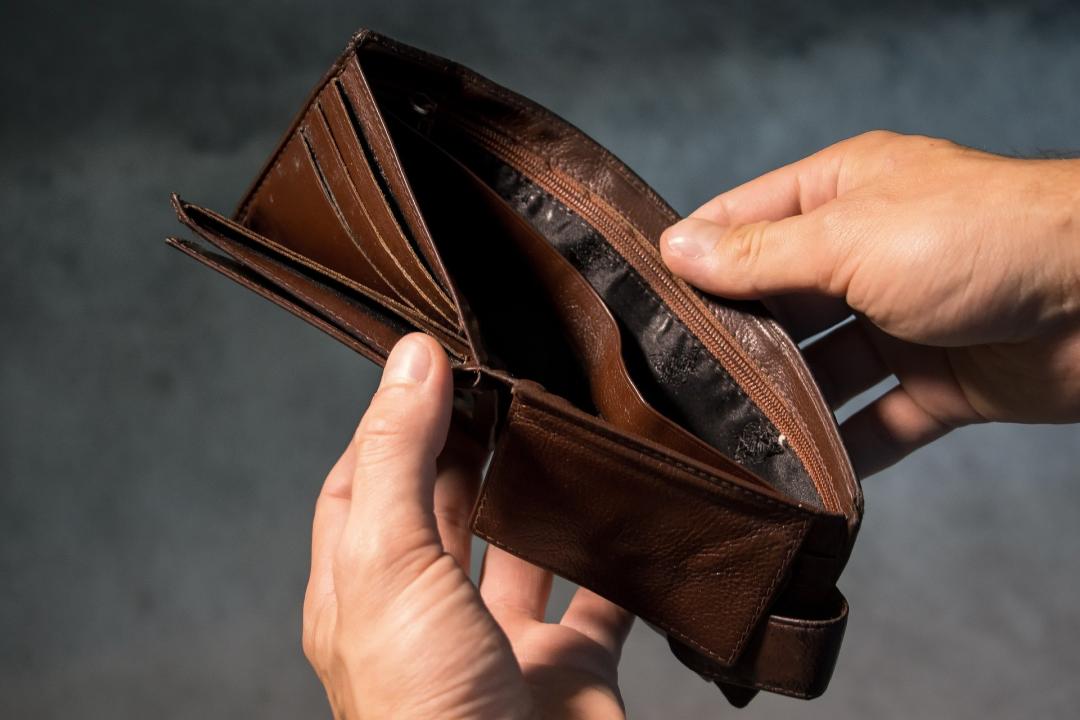
On 21 August, UNICEF and the Georgian government presented the results of a microsimulation model report on the pandemic’s effect on the population and child poverty in the country. The study examined the possible effects of financial assistance programmes already implemented by the government of Georgia under the Coronavirus Pandemic Anti-Crisis Plan. This included a total of 12 simulations, including analysing cash assistance scenarios for all children and monthly cash assistance scenarios for the unemployed.
The report said that it is expected that the reduction of monthly household incomes as a result of the pandemic in different scenarios will lead to an increase in poverty at different levels. However, as a result of financial assistance, it is possible to slow down the growth rate of poverty. According to the UNICEF study, assistance for those who are unemployed, working for a regular salary, is effective which, in case of a severe shock, can reduce poverty from the expected 30.7% to 28.4%.UNICEF also said that the universal cash assistance for children aged 0-17 was the most effective model for overcoming the poverty of the population and children.
Speaking to the media, the Georgian Prime Minister’s Economic Advisor Beka Liluashvili stated that a possible increase in poverty rates, as expected during the economic crisis, will be maximally kept in check through the measures implemented by the Government as one of their key priority objectives. He noted that because each measure is structured so as to mitigate the short-term economic impact of the crisis, it only makes sense that these measures will have both short and long-term impacts on poverty and employment/unemployment.
See Also

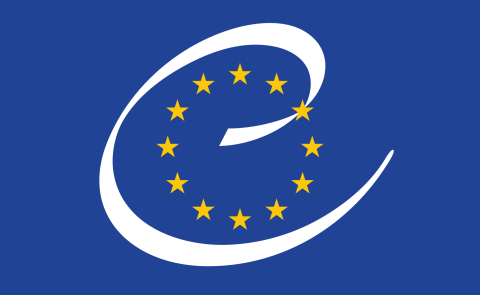
Armenia Strengthens Ties with Council of Europe
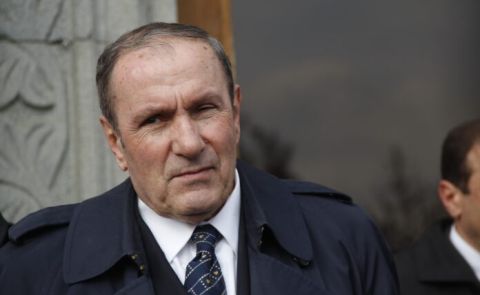
Former Armenian President Labels Pashinyan a Traitor and Blasphemer
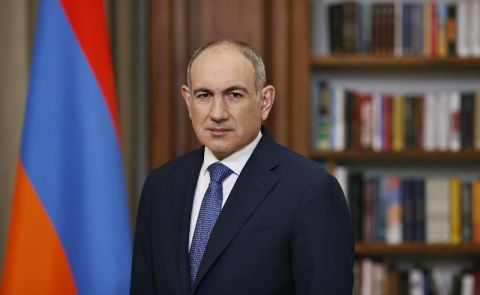
Pashinyan Addresses Key Issues on Church, National Future, and Fund Allegations
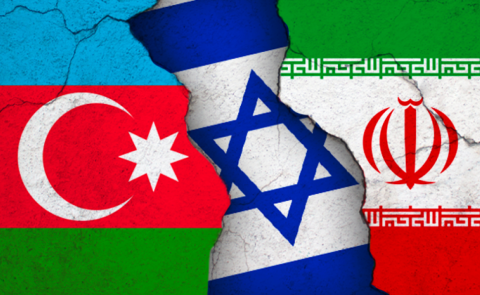
Azerbaijan Calls for 'Dialogue and Diplomatic Resolution' Between Israel and Iran

